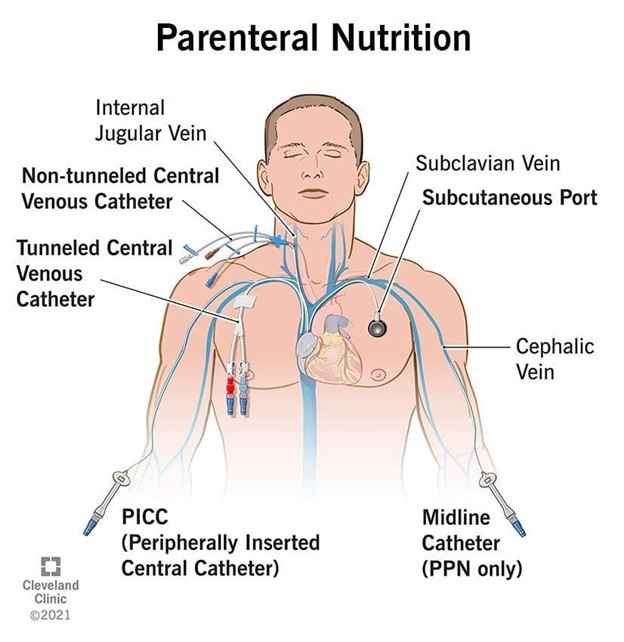A home health nurse is caring for a group of older adult clients. The nurse should initiate a referral to the Program of All-Inclusive Care for the Elderly (PACE) for which of the following clients?
A client whose family requests hospital-based hospice care
A client who requires transfer to a skilled care facility
A client who qualifies for telehealth for pacemaker diagnostics
A client whose caregiver requests adult day care services
The Correct Answer is D
- A: Incorrect. Hospital-based hospice care is not a service provided by PACE, which is a program that offers comprehensive medical and social services to eligible older adults who wish to remain in their own homes and communities.
- D: Correct. Adult day care services are part of the PACE program, which helps older adults maintain their independence and quality of life by providing socialization, supervision, and assistance with activities of daily living.
- C: Incorrect. Telehealth for pacemaker diagnostics is not a specific service offered by PACE, which provides primary care, specialty care, prescription drugs, home health care, personal care, transportation, and other services as needed.
- B: Incorrect. Transfer to a skilled care facility is not a goal of PACE, which aims to prevent or delay institutionalization by providing coordinated care and support to older adults with chronic conditions and functional limitations.
Nursing Test Bank
Naxlex Comprehensive Predictor Exams
Related Questions
Correct Answer is D
Explanation
Choice A rationale:
Protective environment isolation precautions are used for immunocompromised patients to protect them from infections in the environment. It is not the appropriate precaution for a patient with bacterial meningitis, which is spread through respiratory droplets.
Choice B rationale:
Airborne precautions are used for diseases that are spread through the air and require a negative pressure room. Examples include tuberculosis and chickenpox. Bacterial meningitis is spread through respiratory droplets, not airborne transmission.
Choice C rationale:
Contact precautions are used for diseases that are spread by direct or indirect contact. Examples include MRSA and Clostridium difficile. Bacterial meningitis is primarily spread through respiratory droplets, not direct contact.
Choice D rationale:
Droplet precautions are used for diseases that are spread by respiratory droplets, such as influenza and bacterial meningitis. Patients with bacterial meningitis should be placed in a private room and wear a mask, and healthcare providers should wear a mask and eye protection when within 3 feet of the patient. This precaution helps prevent the spread of respiratory droplets containing the bacteria.
Correct Answer is D
Explanation

- A is incorrect because IV tubing for total parenteral nutrition should be changed every 24 hours to prevent infection.
- B is incorrect because abdominal distention is not an expected effect of total parenteral nutrition. It could indicate a complication such as fluid overload or bowel obstruction.
- C is incorrect because gastric residual is not relevant for total parenteral nutrition, which bypasses the gastrointestinal tract.
- D is correct because weight measurement is an important indicator of fluid balance and nutritional status for clients receiving total parenteral nutrition.
Whether you are a student looking to ace your exams or a practicing nurse seeking to enhance your expertise , our nursing education contents will empower you with the confidence and competence to make a difference in the lives of patients and become a respected leader in the healthcare field.
Visit Naxlex, invest in your future and unlock endless possibilities with our unparalleled nursing education contents today
Report Wrong Answer on the Current Question
Do you disagree with the answer? If yes, what is your expected answer? Explain.
Kindly be descriptive with the issue you are facing.
